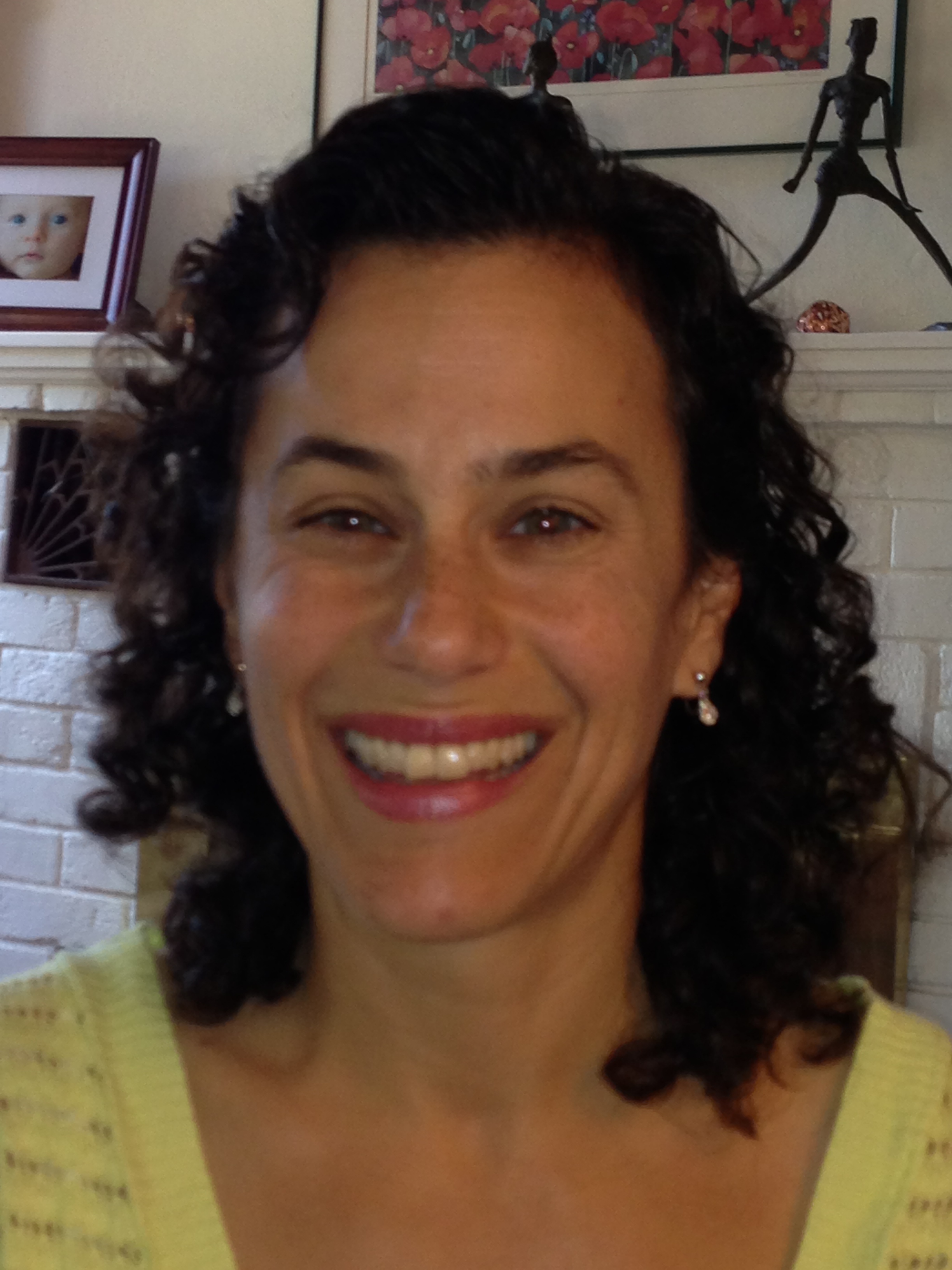Moses, our resolute, irascible, courageous, and humble leader, is desperate. Moments before his death, he gathers us. He implores us to follow Torah. He forcefully argues that each one of us is vital in this covenant with Torah and the Holy One. Wanting to have a voice far into the future, Moses makes the covenant with those who are with us now and those who are not yet born. This connection between us and Torah binds us through eternity. We are all part of this holy community.
Moses is despondent, though. He demands that we follow every law that the Divine proclaimed. He suspects that we will turn away from those laws and from God, but he holds on to the glimmer of possibility that we can be convinced to adhere to the path that God laid out for us. He knows that he will not lead us but he does not accept this. He fights to remain our leader and to guide and direct our actions. He prays that this covenant helps compel us to follow God’s comprehensive life script for us.
Moses dies. We continue without our guide. Now it is unequivocally on each of us to cultivate the way forward. Another leader with the gravitas of Moses will not arise, but, as he reminded us incessantly, we have Torah. All of us who were witness to Moses’ great last speech, and those of us who came later, inherit this Judaism and own the responsibility and honor to live it. We need to embody Torah.
Most of us feel overwhelmed by the wrong happening in our country and on our planet. Many people are frozen into inaction because the injustices can drown out the hope. Torah solves this. It gives us a roadmap, just as Moses promised. Torah challenges us to fight inequity. From seeing every other human as an image of God (Gen. 1:26) to not putting a stumbling block in front of the blind (Lev.19:14), our Torah commands us regarding our responsibilities towards others. We care for our poor and those who are newcomers in our land (Lev. 20:33).
In this week’s Torah portion, Nitzavim, we read, לא בשמים הוא “[Torah] is not in the heavens.’’ [Deuteronomy 30:12] Torah explains what this means. “This Instruction which I command you today is not too baffling, and it is not beyond your reach.” The covenant means that once we received the Torah, it is wholly ours to interpret, to shape, and to live.
Living Torah is not always a straightforward or simple matter. Obscure laws and thousands of years of sometimes contradictory commentary are all part of Torah. And too often, for those of us who are not Orthodox, we cede our authority to the Orthodox. But Nitzavim reminds us emphatically that we were all there with Moses. The Torah uses its most inclusive language by letting us know that even the women, children and woodchoppers are included in the covenant! We are each named so that there can be no mistake here: Torah is ours.
The responsibility (and gift) is upon every one of us who are part of the Jewish community. Because we do not have Moses, we each have to be Moses – inspiring ourselves and others to live Torah and to fulfill the covenant. How exactly do we live Torah? Rabbi Rami Shapiro gives a powerful guiding principle. He talks about Judaism being a ‘blessing for all the nations of the earth.’¹ When thinking of how to interpret a particular piece of Torah, he asks if this way of embracing Torah helps humanity; will the Jewish community be a role model by following Torah in this way?
Because God handed the Torah to us, we will have different ways of interpreting the Torah. That is meant to be, as we each have varying experiences, intelligences, and hearts. This is explained in a midrash (Exodus Rabbah 5:9): “What did they hear? Rabbi Yochanan said: When God’s voice came forth at Mt. Sinai, it divided itself into 70 human languages, so that the whole world might understand it. All at Mt. Sinai, young and old, women, children, and infants according to their ability to understand. Moses too, understood only according to his capacity, as it is said (Ex. 19:19), ‘Moses spoke and God answered him with a voice.’ With a voice that Moses could hear.” We each were there with Moses, listening to his plea and inspiration. May we each own the responsibility of making Torah our guide. May we each embrace these words of Torah, breathe our own breath into them, and work towards justice.
¹Judaism Unbound Podcast, Episode 69: Holy Rascals – Rami Shapiro, June 8, 2017
Rabbi Beth Janus is a community rabbi in Philadelphia where she teaches, conducts life cycle events and advocates for justice.

